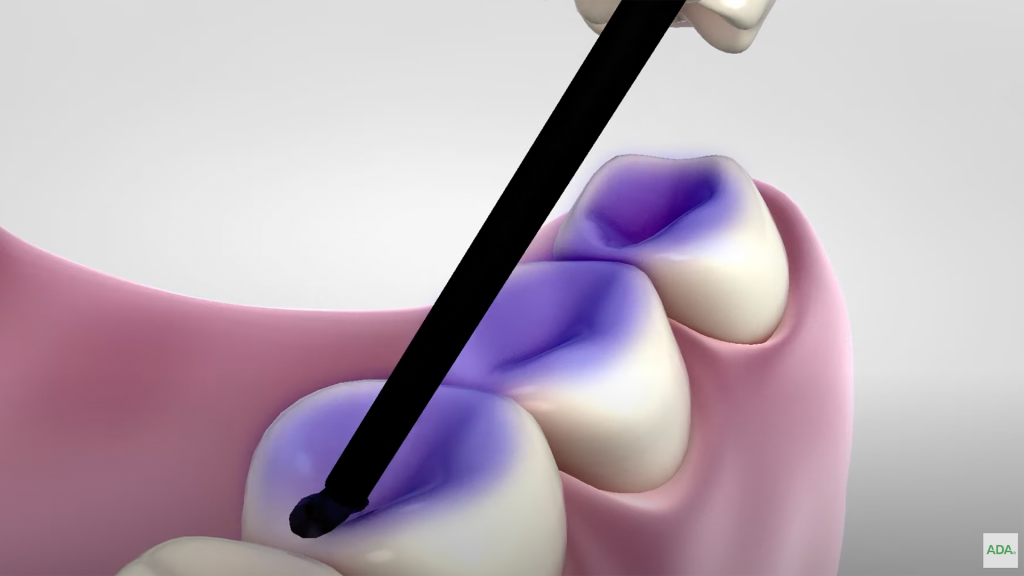When we talk about flossing and regular cleanings at Aiea Family Dental, it’s easy to think only about cavities or gum bleeding. But recent evidence shows your mouth may also impact your brain and heart health. Two new studies published in Neurology Open Access expand the reasons to keep your gums healthy.
- Gum disease was linked to a higher burden of white matter hyperintensities (WMHs) in older adults, a sign of small-vessel disease in the brain.
- People with both gum disease and cavities had an 86% higher risk of stroke compared to those with healthy oral health.
- Regular flossing, brushing, and dental visits are simple preventive actions that may also reduce risks beyond the mouth.
The Mouth–Brain Connection: White Matter Hyperintensities
What are WMHs?
WMHs are bright spots seen on brain MRI scans. They indicate damage or changes in the brain’s white matter — the nerve fibers that connect brain regions. These changes are tied to conditions like cerebral small-vessel disease (CSVD), cognitive decline, balance issues, and higher stroke risk.
What the study found
Researchers looked at 1,143 older adults (average age ~77) and found that those with gum disease had a median WMH volume of 2.83% of total brain volume vs. ~2.52% in those without. 28% of those with gum disease fell into the highest WMH volume group vs. 19% without. Gum disease was independently associated with ~56% higher odds of elevated WMH volume after adjusting for other risk factors.
Why it matters
Gum disease is a chronic inflammatory condition. That inflammation may affect small blood vessels — including in the brain — and contribute to white matter changes.
The Mouth–Heart/Stroke Link
Another study followed nearly 6,000 adults (average age ~63) for 20 years.
- Stroke incidence: 4% for healthy mouths, 7% for gum disease only, and 10% for those with both gum disease and cavities.
- People with both conditions had an 86% higher risk of stroke and 36% higher risk of a major cardiovascular event.
- Those who reported regular dental visits had significantly lower odds of developing these oral conditions.
Why this matters
Poor oral health may signal — or even contribute to — broader vascular inflammation and damage. Keeping your gums healthy could reduce your risk for serious conditions like stroke and heart disease.
How to Protect Your Mouth and Overall Health
- Floss daily — cleans between teeth and under the gum line.
- Brush twice daily with fluoride toothpaste to control plaque.
- Visit your dentist every 6 months for cleanings and exams.
- Treat gum disease early — don’t ignore bleeding or bad breath.
- Manage chronic conditions — especially diabetes and high blood pressure.
“Flossing and regular cleanings may be simple, but the impact of oral inflammation may ripple into your brain and circulation.”
Why Choose Aiea Family Dental for Prevention
We offer:
- Gentle, thorough cleanings and gum checks
- Patient education tailored to your health goals
- Evidence-based care to help you protect your whole body
Book your next cleaning or checkup today: Contact us or call us to schedule. Your smile — and your whole body — will thank you.




